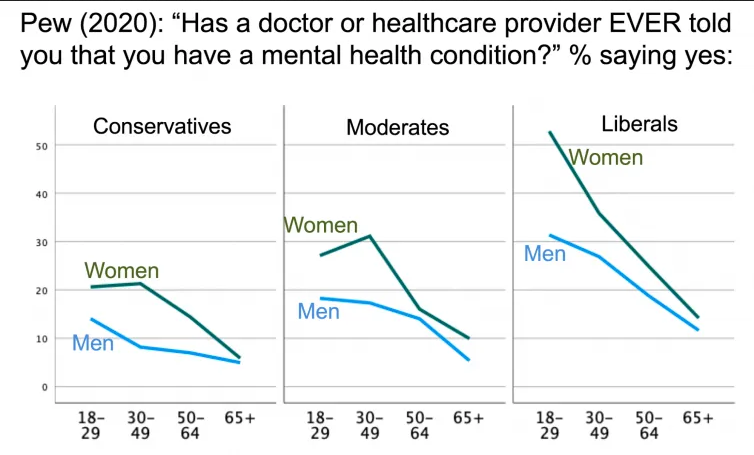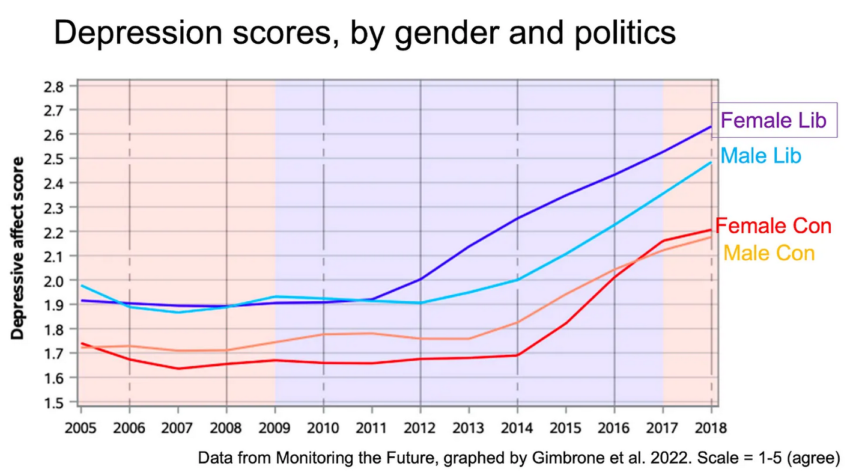A poll conducted in December 2022 by the Turkish company Gezici found that 72.8% of Turkish citizens polled were in favor of good relations with Russia. By comparison, nearly 90% perceive the United States as a hostile country. It also revealed that 24.2% of citizens believe that Russia is hostile, while 62.6% believe that Russia is a friendly country. Similarly, more than 60% of respondents said that Russia contributes positively to the Turkish economy.
Turkey began to distance itself from the United States as early as 2003, when it refused the passage of American troops to Iraq. In 2010, it destroyed the U.S.–Israel–Turkey triangle, breaking up with Israel. In 2011, Turkey implemented a policy in Syria that was hardly in line with U.S. interests. The final distancing took place in 2016, with the July coup, for which Turkey blamed the United States.
Turkey considers itself very important to the United States but declares that Ankara can live without Washington. This concept has become the point of departure for Turkey in its quest to reconstitute the Ottoman Empire. Minister of the Interior Süleyman Soylu declares that the Turkish government will design the new world order with the help of Allah, and Western powers will eat the dust behind almighty Turkey (December 8, 2022).
According to a RAND Corporation volume on Turkey, there are four scenarios for the future of Turkish strategic orientation: 1) Turkey will remain a difficult partner for the United States; 2) Turkey will become democratic and unite with the West; 3) Turkey will be between East and West, but have better relations with powers such as China, Iran, and Russia, than with the U.S. and the EU; and 4) Turkey will completely abandon the West.
From the evidence in the case of the Russian–Ukrainian war, Russia, China, Turkey, and Iran justify the Russian invasion since NATO and the EU have designs on their neighborhood. Above all, they are united by a common hatred for the West. They are frenemies and they know it: on the contrary, the U.S. tends to invest in frenemies as if they were true friends.
The U.S. observed the rapprochement of Turkey and Russia without renouncing the traditional alliance with Turkey, which today has no longer such importance. Turkey was useful when it was an “enemy” of the USSR and the U.S. made far too many concessions for the sake of this useful enmity. In short, there is some inertia in the modification of the principle “the enemy of my enemy is my friend”, as of course “the friend of a friend is my friend”. Turkey’s role in NATO worries the U.S., as Ankara–Moscow relations have acquired some shared strategic characteristics.
?he attraction between the two countries lies in their equally authoritarian governance models and the fact that their strategic culture and operational codes bear similarities: Both countries are revisionist, aggressive, and assertive in their regions; both countries claim to be encircled, which they use as a pretext for their unilateral actions; and both countries have militarized their foreign policy, waging hybrid warfare, resorting to proxy warfare, and blackmailing countries that offer resistance. Russia and Turkey cooperate on natural gas and oil pipelines; Russia has sold weapons such as the S-400 missile system to Turkey; Russia has provided technical assistance in the construction of Turkey’s nuclear plants; the two nations have collaborated in Central Asia (i.e., Azerbaijan); they import and export each other’s commodities; and Turkey has illegally transported Russian fuel to China and Iran, thereby bypassing sanctions on Russia, to mention only a few.
But the big issue for U.S.–Turkey relations against the backdrop of the Russian–Ukrainian war has four strands: First, the issue of the important role Turkey plays in the grain export agreement, which if cancelled will create a food crisis in Africa. Second, Turkey’s blackmailing of the NATO candidacies of Sweden and Finland. Third, the Turkish application to purchase the F-16 and the possible conflict between Congress and the Biden administration over the administration’s request to grant Turkey the license to do so. Finally, Turkey’s non-adoption of NATO sanctions against Russia. The possibility of Erdoğan using a strategy of tensions with Greece (e.g., multiple violations of Greek airspace, aggressiveness in the Aegean, weaponization of immigration, threats of bombing Athens with the new “Tayfun” short-range ballistic missile) to rally the electorate around his party and detach it from any opposition — all recent polls have AKP trailing the opposition — prior to the June election is one explanation for Turkey’s behavior that is being considered by the U.S., which nonetheless is angered that Turkey is the only NATO country that has not adopted the sanctions against Russia.








